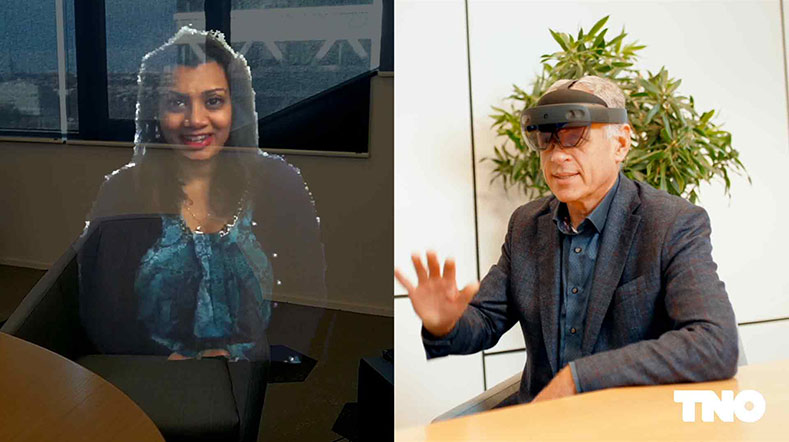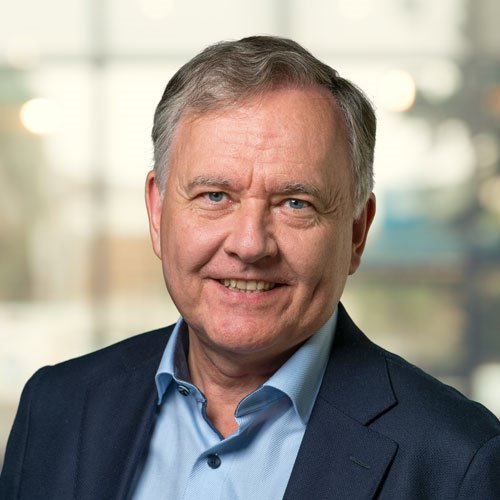Test environment for cloud services: Structura-X
In cooperation with
The Dutch Gaia-X Hub, TNO, BIT, Intermax, Info Support, SURF, AMS-IX
The Dutch Gaia-X Hub (now part of the Centre of Excellence for Data Sharing & Cloud, CoE-DSC), together with TNO, BIT, Intermax, Info Support, SURF, and AMS-IX, has established a national test environment for cloud services. This environment enables cloud service providers to explore how they can comply with European cloud standards, specifications, and regulations such as those set by Gaia-X. The ultimate aim is to give data owners greater control over their data. The first version of the test environment became operational in May 2023.
Towards a federated data and cloud infrastructure
Much of Europe’s cloud infrastructure and data is currently managed by non-European entities. The United States now hosts over 90 percent of Western data. To reduce this dependency, Gaia-X was launched in 2020 with the goal of developing a federated data and cloud infrastructure. Through this test environment, Dutch organisations contribute to a Gaia-X lighthouse project known as Structura-X.
Digital sovereignty in the cloud through Structura-X
Structura-X is an initiative involving 38 European organisations that aim to align their cloud services with Gaia-X principles. The consortium primarily consists of European cloud service providers and internet exchanges. Within Structura-X, a federated ecosystem is being developed, comprising independent cloud providers who adhere to shared certification and labelling standards. This approach promotes transparency in cloud services, offering customers greater clarity and choice, and strengthening digital sovereignty across the cloud landscape.
Establishing a national test environment
With support from the Dutch Gaia-X Hub and funding from the Ministry of Economic Affairs, Dutch partners created a national test environment. Initially built on open-source Kubernetes technology, BIT, Intermax, and SURF interconnected their independently managed Kubernetes clusters using the open-source project Liqo and private VLANs via the Amsterdam Internet Exchange (AMS-IX).
Info Support is responsible for monitoring the cloud federation test environment, while TNO handles technical integration and validation of several use cases within this federated setup. Other cloud federation technologies may be added in future phases.
Phased rollout: from test setup to European test infrastructure
In the first phase, the test setup was used to assess cloud portability—whether data and workloads could move between providers—and to test the ability to combine capacity across providers (scale-out).
Later phases connected the Dutch test environment with those in Italy and Spain, enabling cross-border federation. This European test infrastructure allows cloud providers to take further steps towards offering Gaia-X-compliant services.
Interested in joining?
Are you a company or organisation interested in joining these developments? Get in touch via [email protected]. Join us and become one of the frontrunners in the next generation of European cloud services.
Get inspired
Dutch parties build test environment for Gaia-X cloud services


Discover hybrid working 2.0: virtual meetings in the metaverse


TNO receives Research Grant from Meta for Social eXtended Reality (XR) study


Sustainable streaming: how can we save energy while watching?


Social XR (eXtended reality)



